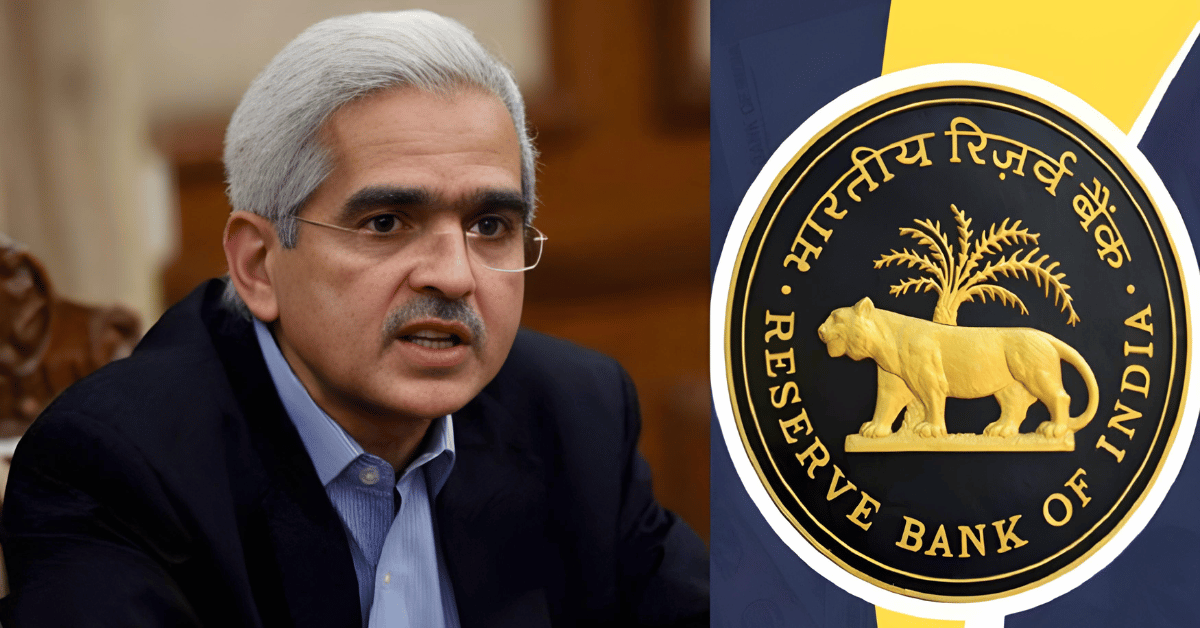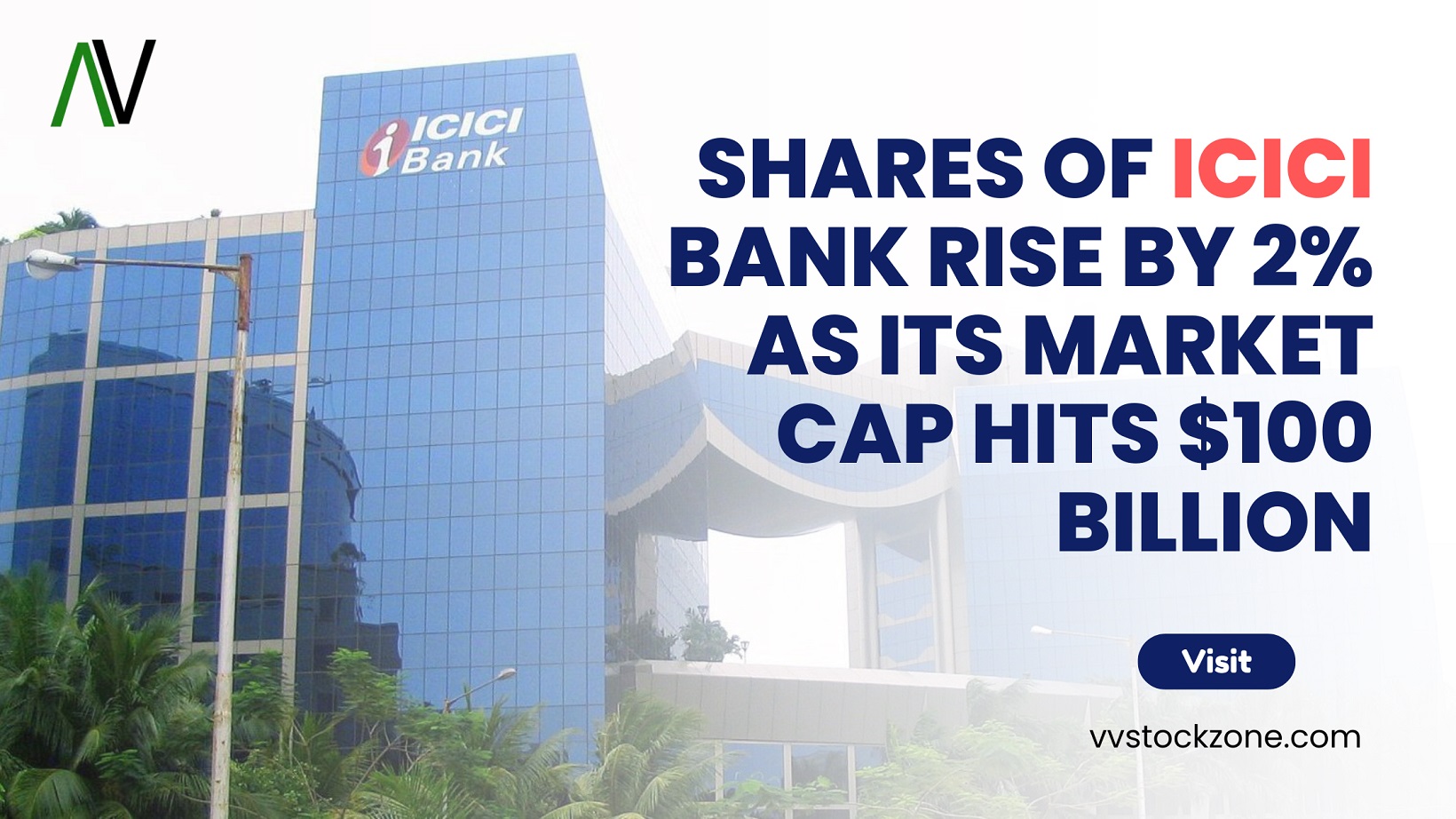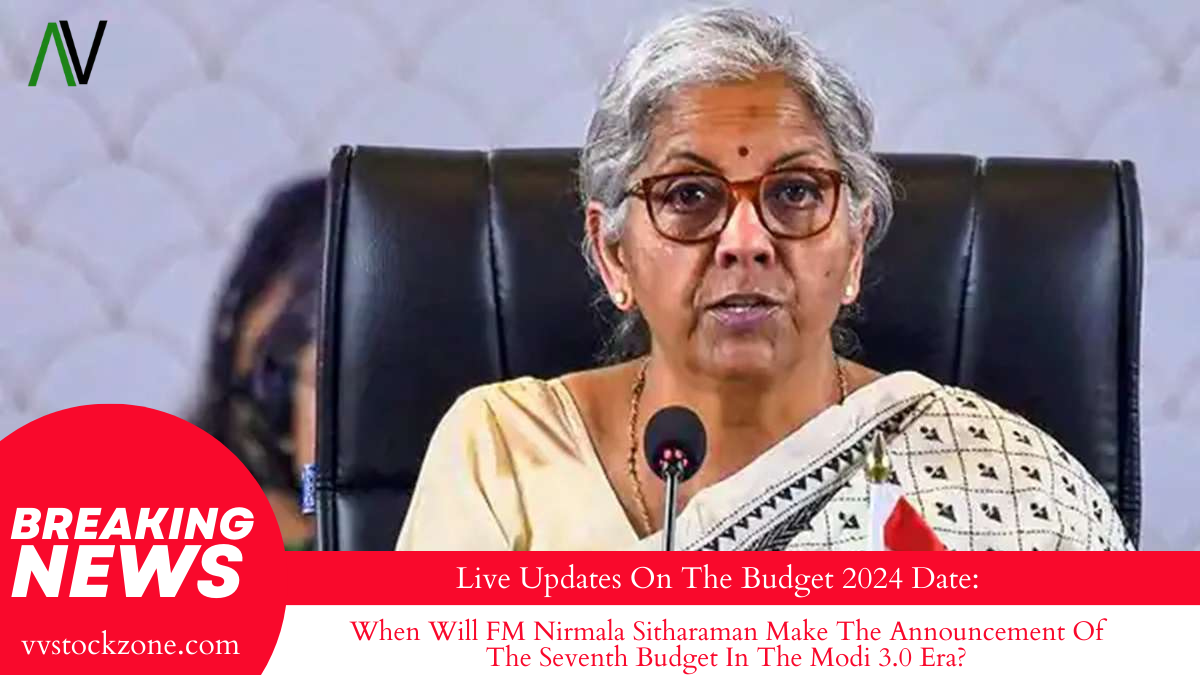The Reserve Bank of India (RBI) has asked all agency banks that do business with the government to maintain branch operations through March 31, 2024, in an effort to guarantee smooth financial operations and careful accounting for the fiscal year ending 2023–2024. Due to the fact that the end of the fiscal year falls on a Sunday, this decision was made in advance in order to properly handle government receipts and payments.
“The Government of India has made a request to keep all branches of the banks dealing with Government receipts and payments open for transactions on March 31, 2024 (Sunday) so as to account for all the Government transactions relating to receipts and payments in the FY2023-24 itself,” the Reserve Bank of India said in a press release.
Agency banks—public and private banks registered with the RBI—have been instructed to make sure that banking services are available at all branches assigned to government transactions on this special Sunday. The RBI highlighted the need to provide the public with information about these branches’ operational condition and the significance of smoothly integrating governmental financial activities.
A number of well-known public sector banks, including Bank of Baroda, Bank of India, Bank of Maharashtra, Canara Bank, Central Bank of India, Indian Bank, and Indian Overseas Bank, have been designated by the RBI as agency banks. Similar to this, private banks that are classified under the RBI’s agency banks include Axis Bank Ltd., City Union Bank Ltd., DCB Bank Ltd., Federal Bank Ltd., HDFC Bank Ltd., and ICICI Bank Ltd.
This request for longer banking hours on March 31, 2024, is consistent with the government’s goal of making sure that all financial transactions are fully recorded during the fiscal year. Agencies can efficiently handle the inflow of government-related transactions and provide a seamless end of the fiscal year by keeping their branches open on this day.
Ahead of the central bank’s next interest rate-setting panel meeting that is scheduled for next month, RBI Governor Shaktikanta Das recently met with Finance Minister Nirmala Sitharaman. Through calls for a reduction in interest rates from multiple sectors and rising risk in the global markets, the meeting takes on greater significance.
Since February 2023, the RBI has consistently kept the benchmark interest rate, often known as the repo rate, at 6.5%. The upcoming meeting, however, will have a major effect on the nation’s economic future given the quickly changing economic landscape and the vocal support of stakeholders for changes to the monetary policy.
Another development was discussions between Finance Minister Sitharaman and Madhabi Puri Buch, the Chairperson of the Securities and Exchange Board of India (SEBI), at her North Block office. In the context of a difficult financial environment, these discussions highlight the government’s coordinated efforts to address economic issues and regulatory concerns.
The RBI’s order to maintain bank branches open on March 31 symbolizes a proactive measure to support smooth financial operations as the fiscal year comes to an end. Stakeholders are anxiously awaiting the results of these discussions in order to get insight into the future course of India’s economy, as policy decisions are imminent and market sentiments are unstable.
Also Read: Ratan Tata’s Semiconductor Investment Puts Assam on Global Tech Map





